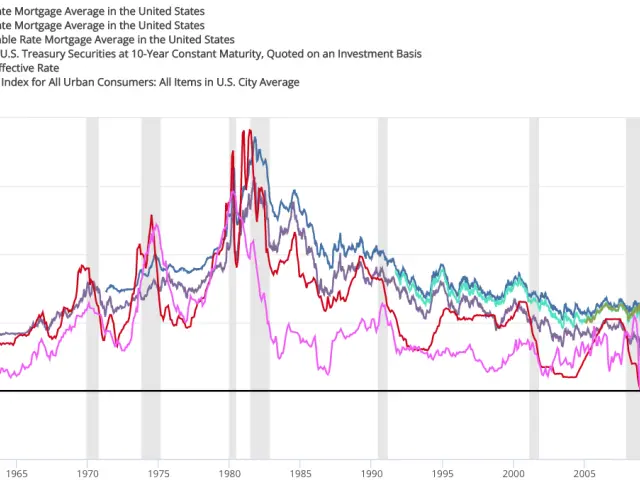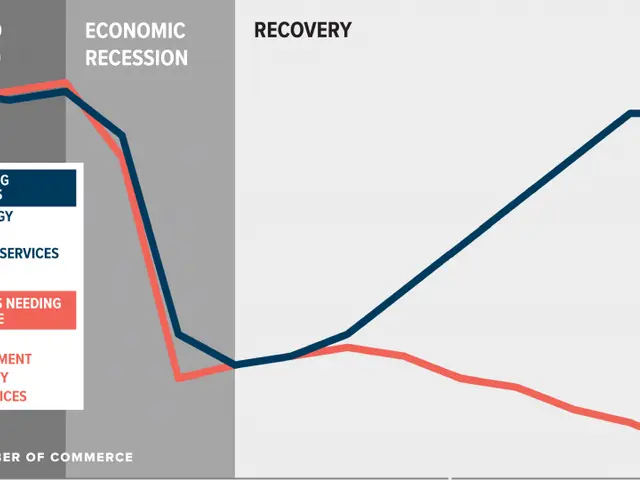Can Ford Propel Individuals to Millionaire Status?
The S&P 500 is having an impressive year, but not all businesses are reaping the benefits.
Ford (F, down 1.44%) is one of the unlucky ones. Their shares have dropped a painful 21% in 2024, a performance that would make any investor sweat.
But perhaps you're an optimist. Is Ford a pathway to millionaire status?
Disappointing Performance
Ford's lackluster showing in 2024 isn't a one-off. The stock hasn't been a great choice for long-term savings.
Detailed readers will point to Ford's high dividend yield of 6.2%, a steady income stream that certainly adds to investor gains. Even with this payout, Ford shares have only managed a total return of 32% and 16%, respectively, over the past five and ten years. These figures lag far behind the S&P 500's performance.
Questioning Ford's Strength
Ford's poor investment track record can be blamed on several key factors. In my opinion, these all point to this not being a strong company.
The fact that Ford operates in a mature industry is one negative aspect to consider. In 2023, there were 65.3 million passenger vehicles sold worldwide. That's a huge number, but it's only 3% higher than the total for 2013. Viewed another way, unit sales have only increased at a compound annual rate of 0.3%.
It makes sense that the global auto industry's growth potential is limited by population and GDP trends. This doesn't provide Ford with a favorable environment to post strong top-line gains. Revenue in the third quarter (ended Sept. 30) of $46.2 billion represented an increase of just 25% compared to the same period five years earlier.
Ford's weak profits are another negative aspect. The company's operating margin has averaged 2% over the past decade, with no signs of economies of scale. The disappointing bottom line isn't surprising when you consider the high ongoing expenses, primarily for its large labor force that demands better terms every few years, research and development for new models, marketing to generate interest, and production and manufacturing capabilities.
This leads me to my next point, which is that Ford lacks any sustainable competitive advantages. This statement is supported by the company's ultra-low return on invested capital (ROIC) of 1.8%. Investors should aim to own businesses with high ROICs, as it indicates the ability to earn attractive returns on the money deployed throughout the organization.
In this instance, Ford will always need large amounts of capital to not only maintain its competitive position, but to expand. That's because the auto industry is incredibly competitive. Ford is constantly battling large domestic and international competitors, making it difficult to stand out.
Finally, we can't forget the auto industry's cyclical nature. Since buying a new car is a significant purchase for the average consumer, during tough times, these purchases can easily be delayed. This can lead to financial performance being volatile.
Choose a Different Path
When you consider the less than ideal aspects that define Ford's business, it's easy to understand why the stock has been such a poor investment. There's no reason to believe that Ford's operations will suddenly transform into a growth-focused, profitable, and less cyclical enterprise.
As a result, I don't see Ford as a millionaire-maker. Yes, the dividend can be attractive for income investors, but the stock's performance continues to hold back returns.
Despite Ford's high dividend yield, its disappointing total returns over the past five and ten years have lagged behind the S&P 500's performance, suggesting that investing in Ford might not yield the desired millionaire status.
The company's challenges include operating in a mature industry with limited growth potential, weak profits due to high ongoing expenses, lack of sustainable competitive advantages, and the auto industry's cyclical nature, which can lead to volatile financial performances. These factors collectively make Ford a less attractive investment option compared to those with higher return on invested capital and growth potential.








